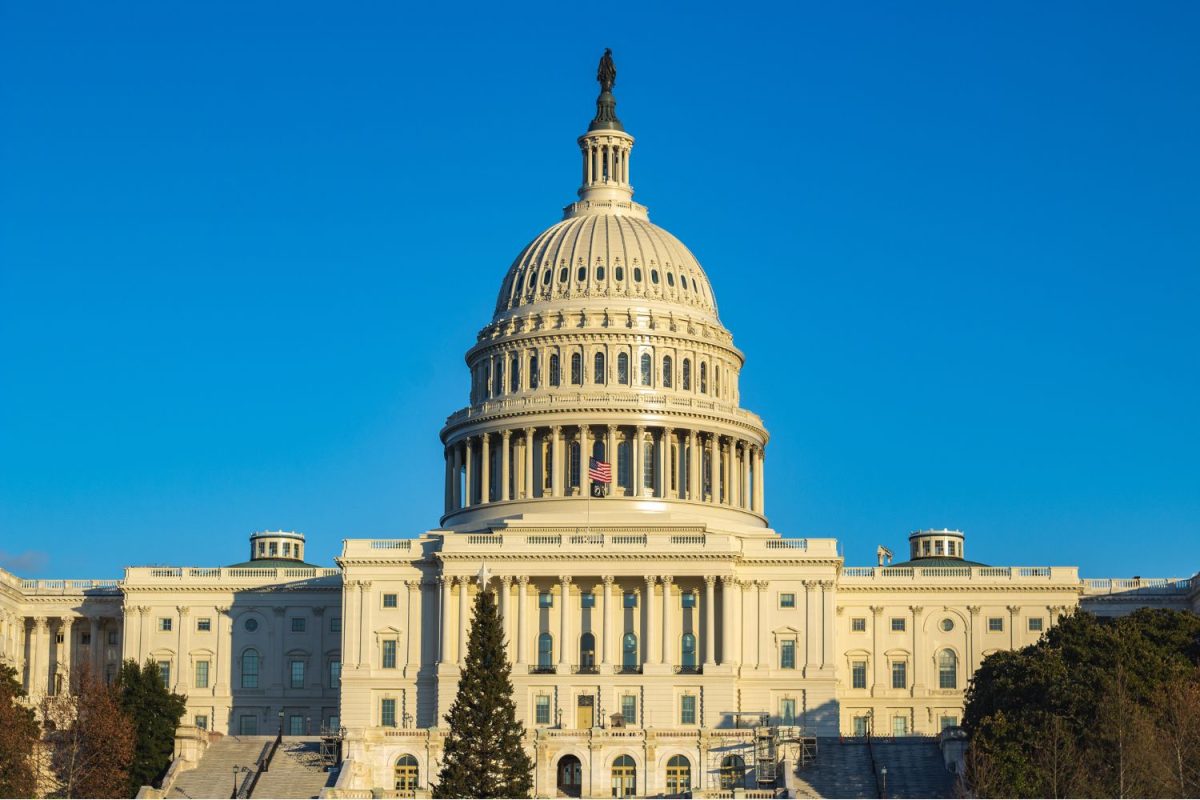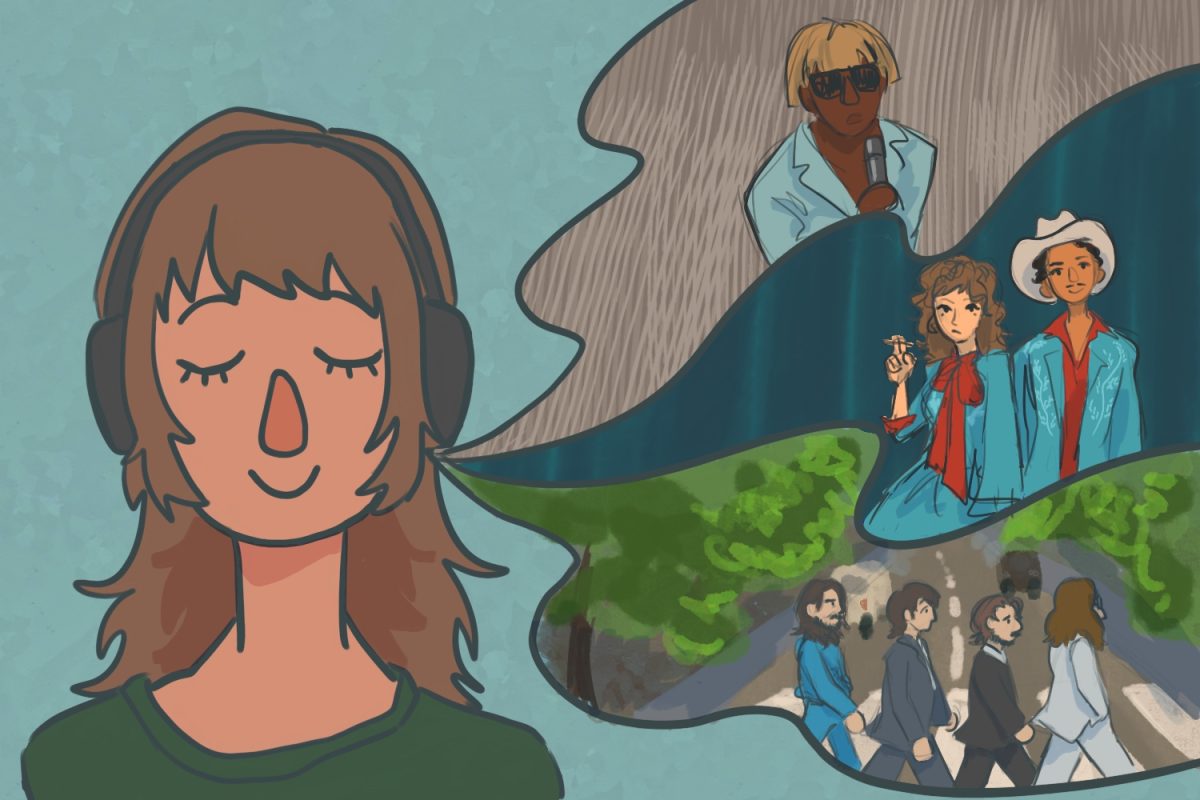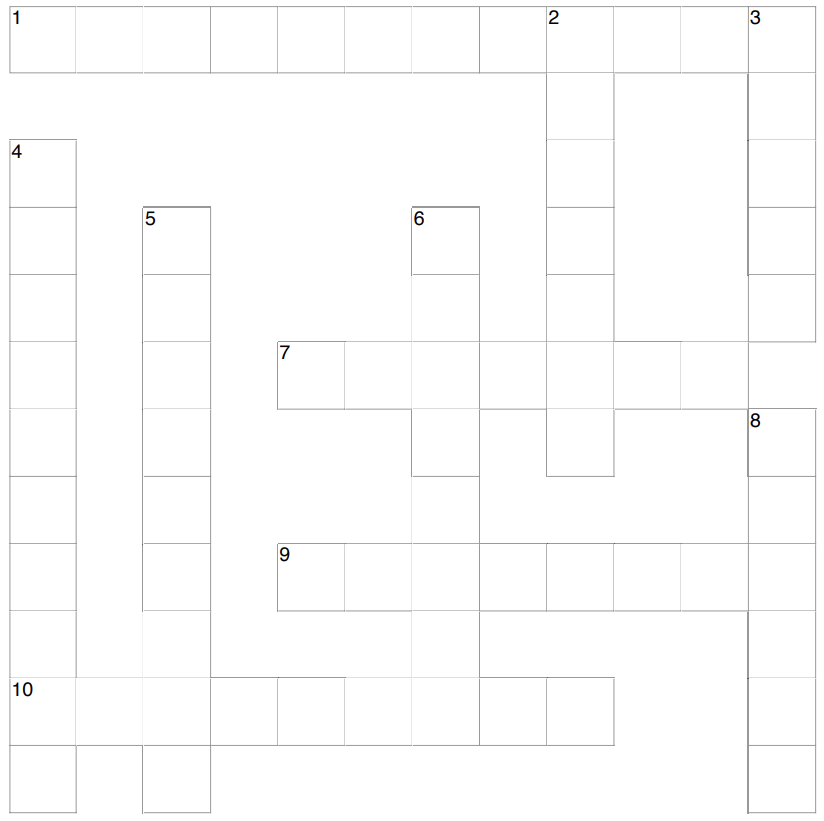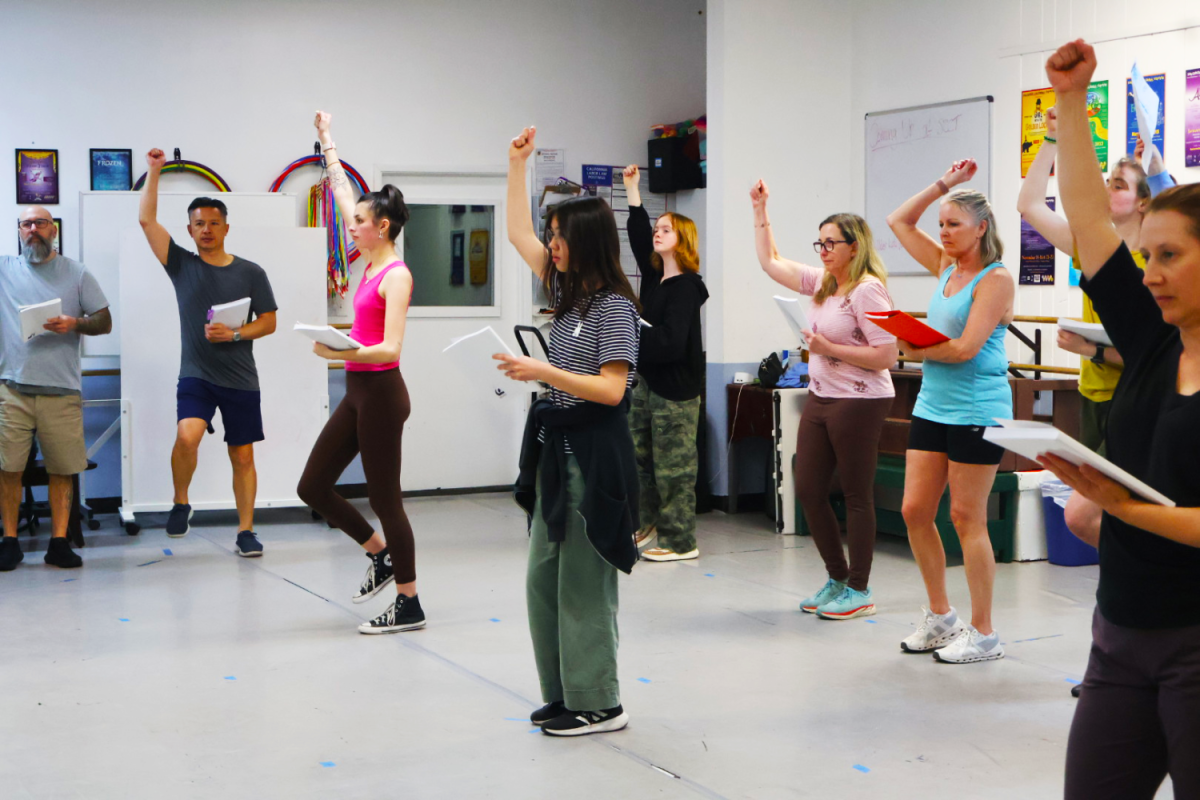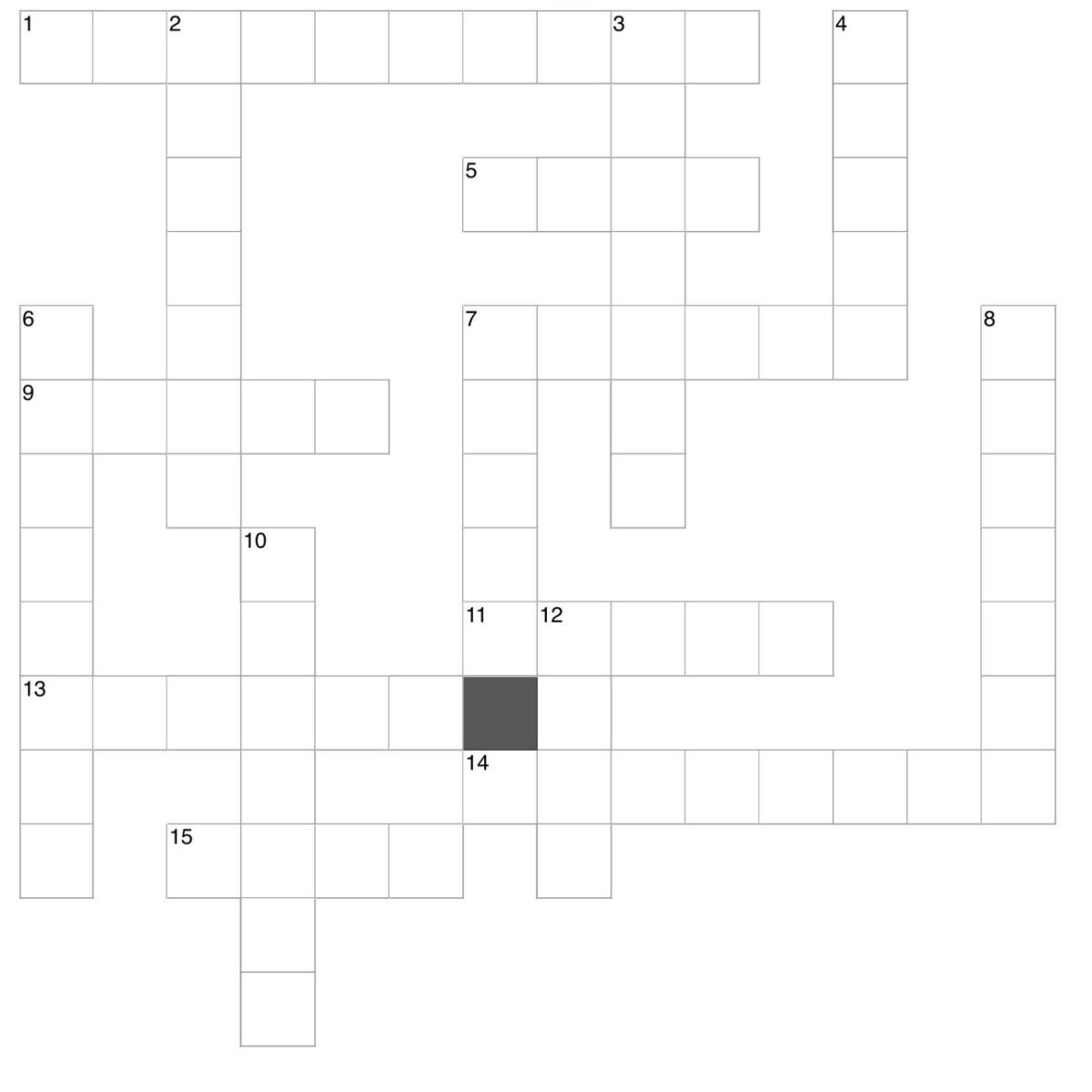With the rise and development of artificial intelligence (AI), companies are integrating new technologies into the workplace — and, consequently, facing worker backlash and ethical controversies.
While corporations increasingly utilize AI in business and the workforce, questions about accuracy, job displacement, and privacy counter the movement. Such questions express concerns about extreme changes in the workplace.
“Right now, it’s about co-creation. AI is here to be our assistant and to help us create better output faster,” said Chris Blackburn, the principal data scientist at AON.
With data science, older systems like regression analysis have been used to create information from data. More recently, however, scientists have switched to machine learning, a field within artificial intelligence that focuses on the capability of a machine to understand and learn like a human.
“We embed AI into existing systems to help us either create new services or new solutions for our customers, but we also use it for process innovation,” Blackburn said.
Similarly, newer startups in the technology industry, such as Inventive AI, use artificial intelligence to manage and improve systems, specifically with customer service.
“This AI works by using the content provided by companies, understanding the question, and then putting together the right context to answer the question. With our AI, the accuracy of answers is only as good as the content and documents a company provides,” said Dhiren Bhatia, co-founder of Inventive AI.
However, while companies adjust to technological advancements, internal conflicts within corporate structures oppose these measures.
The primary concern for workers is the threat AI poses to their jobs. As AI can automate and perform tasks that humans typically perform, their work can become obsolete.
“Technology always displaces workers. This is a consistent and regular thing that happens. It’s been happening for centuries. While this person’s job is being eliminated, they can now be doing more valuable things. Instead of filling out spreadsheets, that person can be talking to customers or preparing market campaigns,” said Andrew Bilhorn, Senior Director at Gartner Consulting.
Regardless of the benefits and drawbacks, technology and artificial intelligence continue to develop, shaping the landscape of business and the workplace. As AI becomes more involved in corporations, workplace dynamics and business culture will effectively change.
“AI changes workplace dynamics like every major change in technology has changed the workplace. Industrialization, the internet, and computers all changed the workplace dynamic. This is just another step,” Bhatia said.
Looking forward, varying opinions result in varying predictions as to the future of the workforce.
With increased automation of mundane tasks, a decrease in jobs is a real possibility. Similarly, as the relevance of AI increases and priorities within companies shift, a new era of working alongside artificial intelligence is within sight.
With productivity increasing, companies predict that other jobs will be created to better manage workers’ skills rather than switching to outright unemployment.
“People will be able to elevate their work to the more interesting things, leading to more job satisfaction. There will be better performance and, ultimately, a more innovative way of doing things,” Blackburn said.
As technology advances, businesses and corporate dynamics will change with it. In the new era of artificial intelligence, companies will adapt and evolve in response to these shifts, resulting in structural changes with varying impacts.
“Every job will have an AI assistant to help, whether in finance, sales, or HR. The capability of processing and understanding language is becoming so strong that every job will have an AI copilot. To me, that’s the future of the workplace,” Bhatia said.












